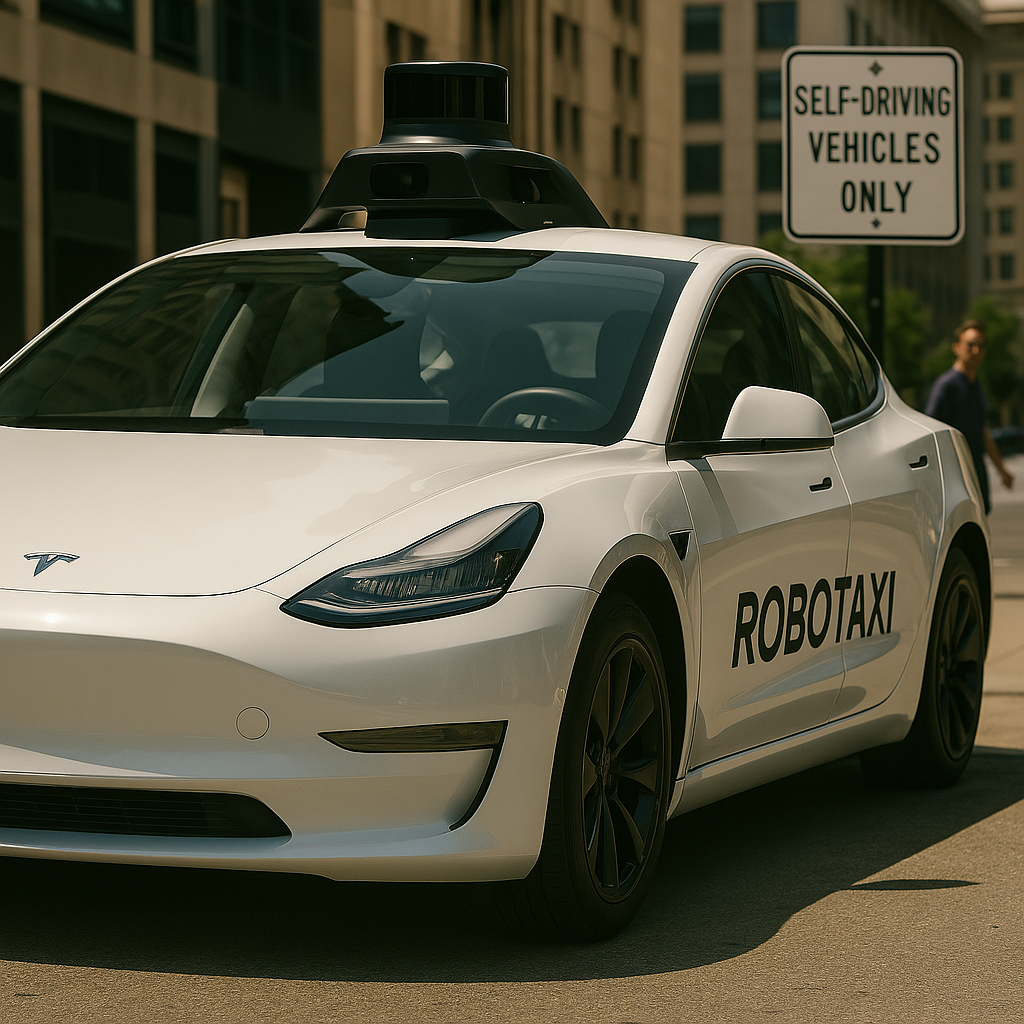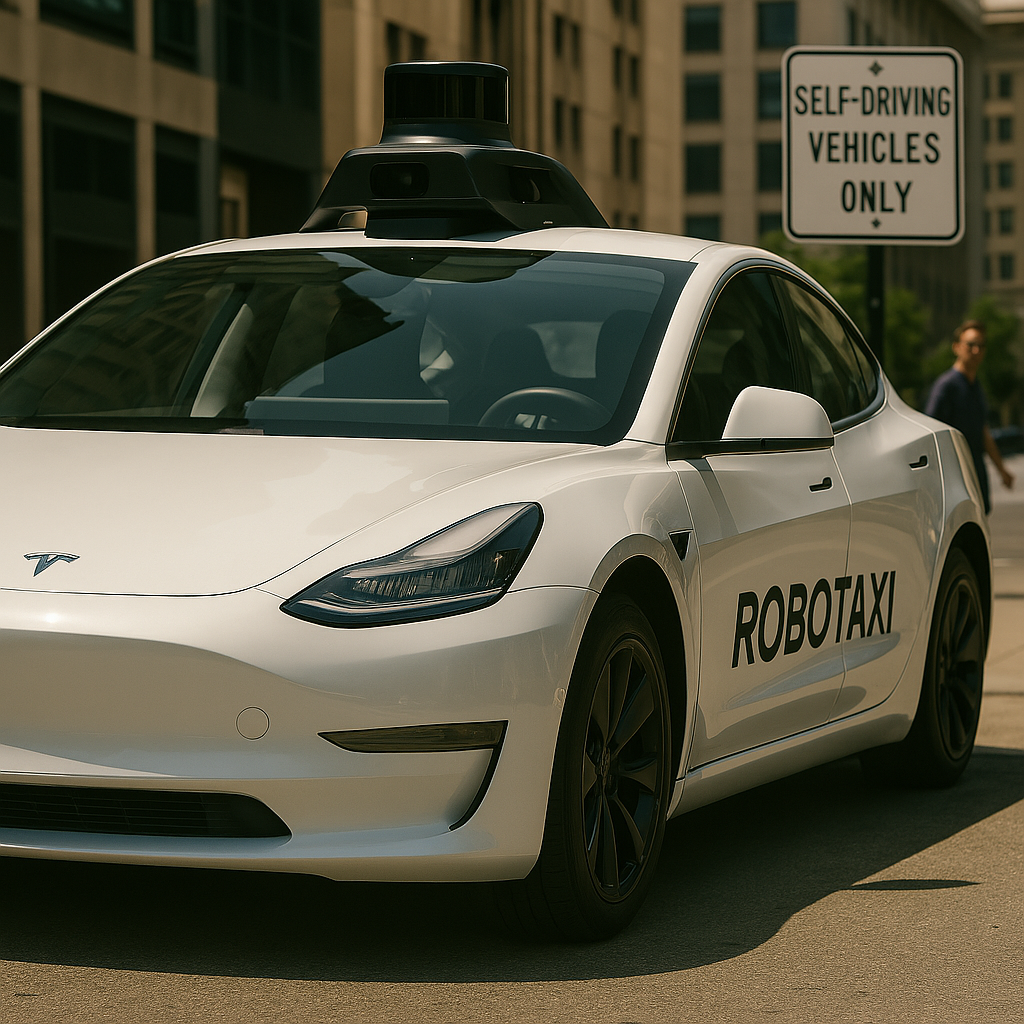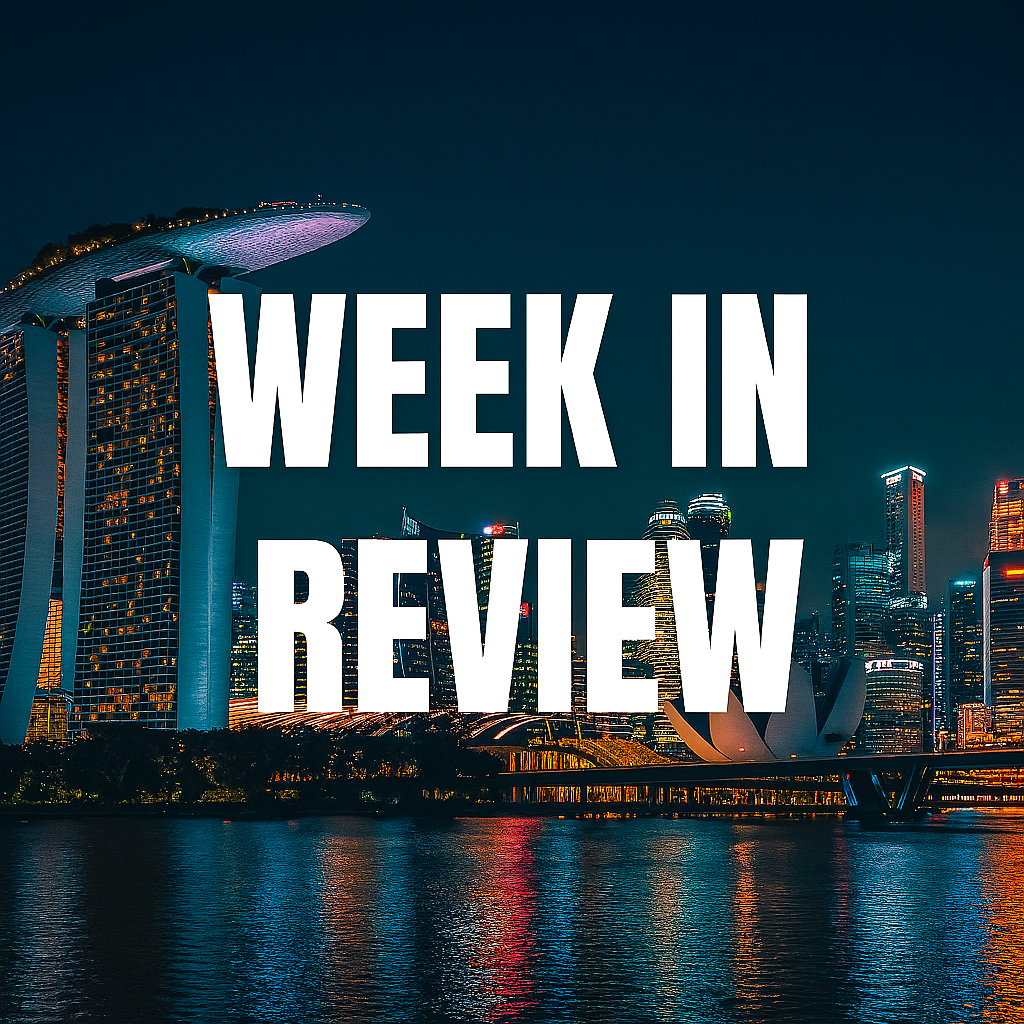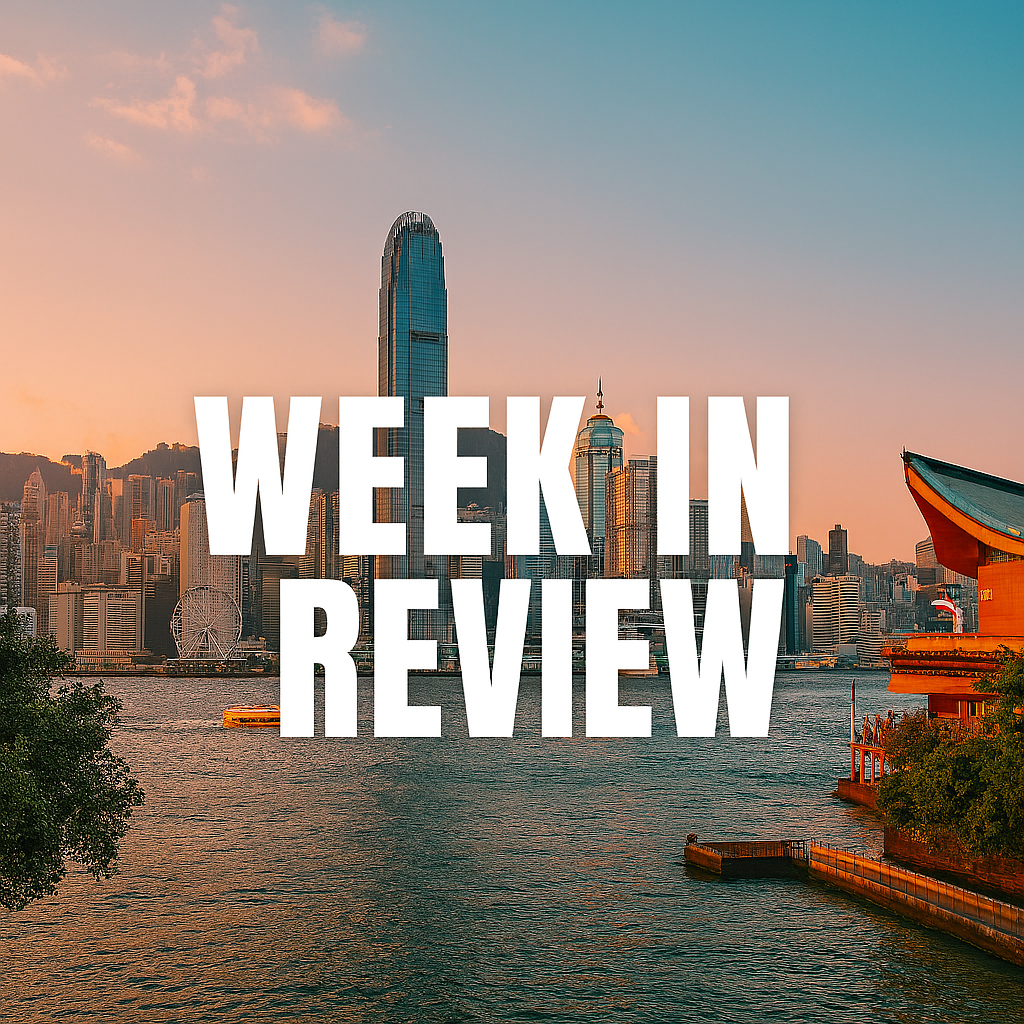
Tesla’s CEO, Elon Musk, confirmed that the long-anticipated launch of Tesla’s robotaxi fleet is slated to begin in Austin, Texas, marking a seismic shift in autonomous mobility. The electric, fully self-driving taxis—guided by Tesla’s proprietary Full Self-Driving (FSD) AI system—are intended to revolutionize urban transit, reduce reliance on car ownership, and offer a test case for privately developed smart city infrastructure. The announcement was met with both cautious excitement and fierce resistance.
Tesla has claimed that the robotaxi rollout will enhance traffic flow and reduce carbon emissions, particularly in high-density urban areas. Musk emphasized a “super paranoid” approach to safety, stating the service would not be deployed without complete confidence in its performance. Still, federal regulators have yet to give final approval, and critics argue that the tech is being pushed ahead without rigorous oversight.
While progressives in Washington have warned of job losses and called for new federal departments to regulate artificial intelligence and automation, conservatives see the move as a landmark triumph for private innovation over government control. Many view the pushback as an extension of bureaucratic hostility toward entrepreneurial freedom, especially when it comes from Silicon Valley disruptors who challenge entrenched interests.
Proponents of deregulation argue that the U.S. must maintain its lead in high-tech sectors and that delaying breakthroughs due to overcautious red tape cedes innovation to rivals like China. Conservatives point to Tesla’s robotaxi as living proof that when government steps aside, American ingenuity can take the wheel—literally and figuratively.




